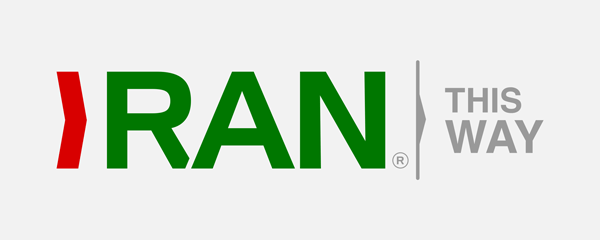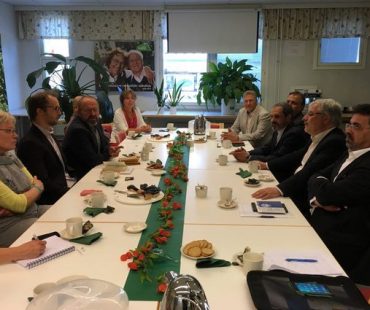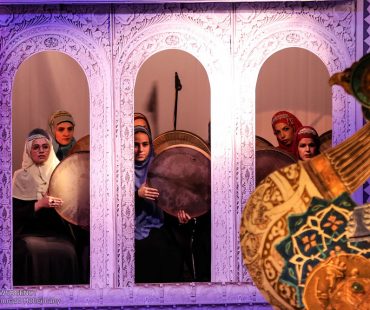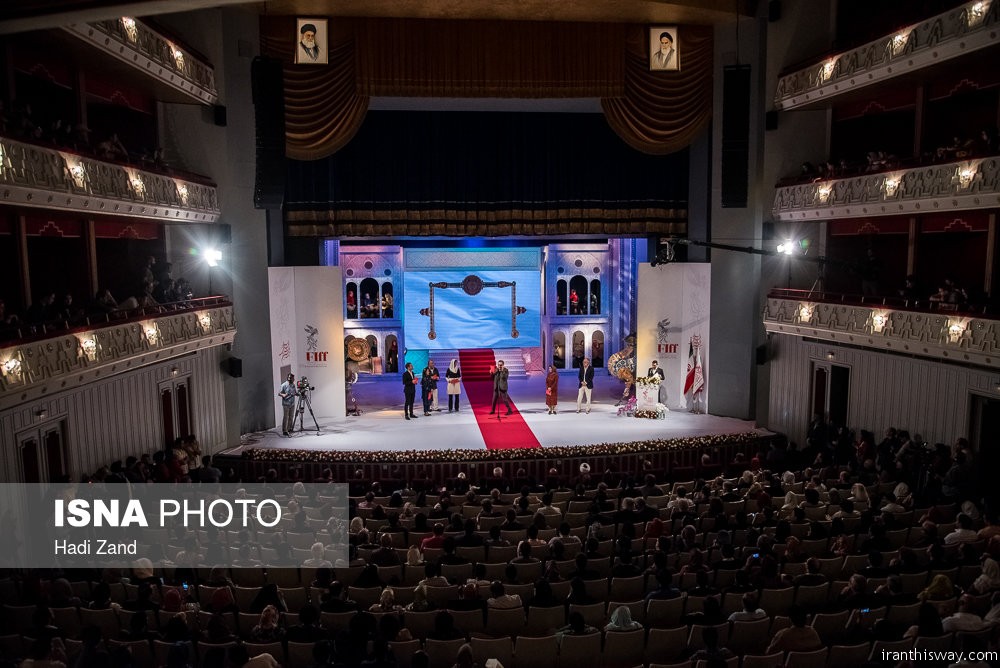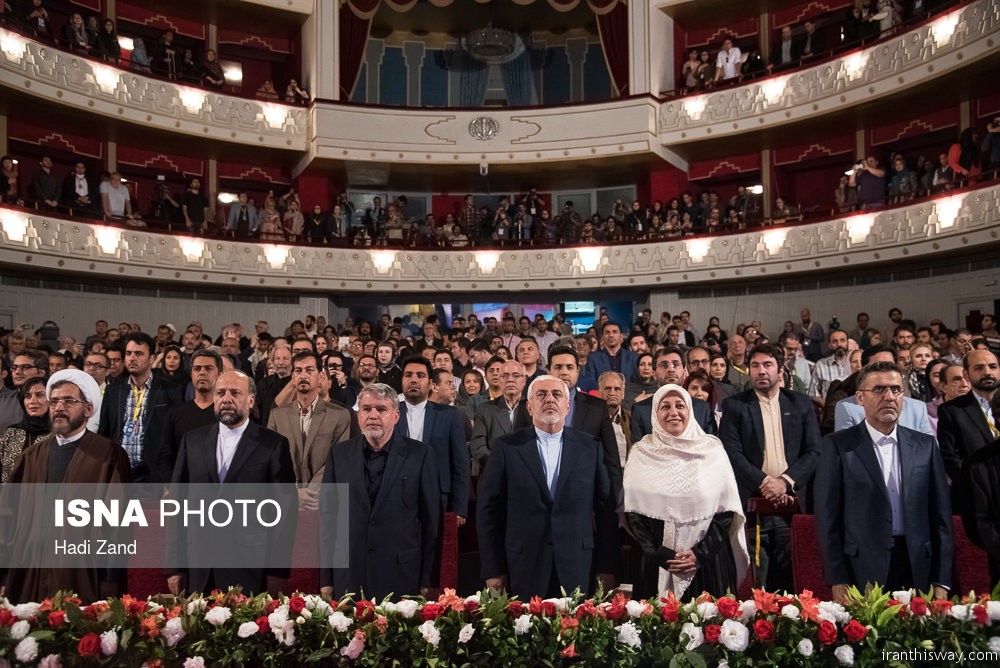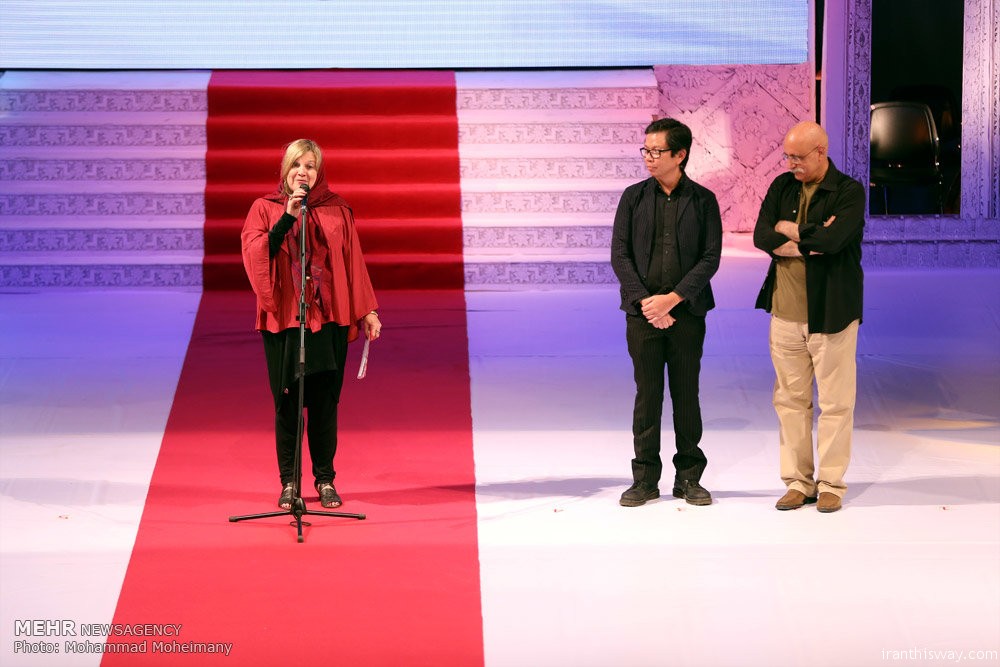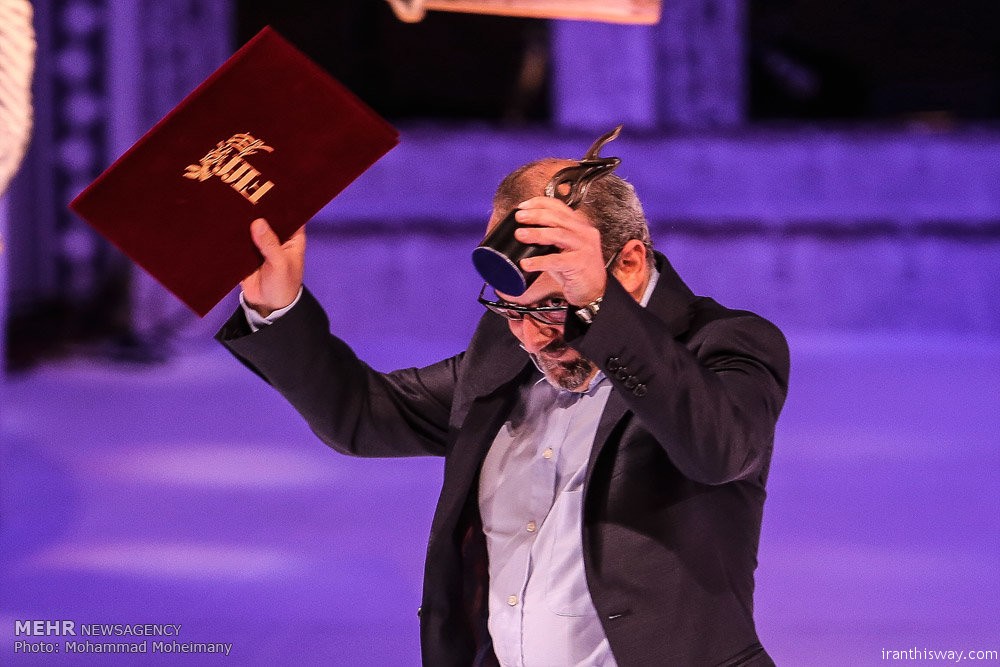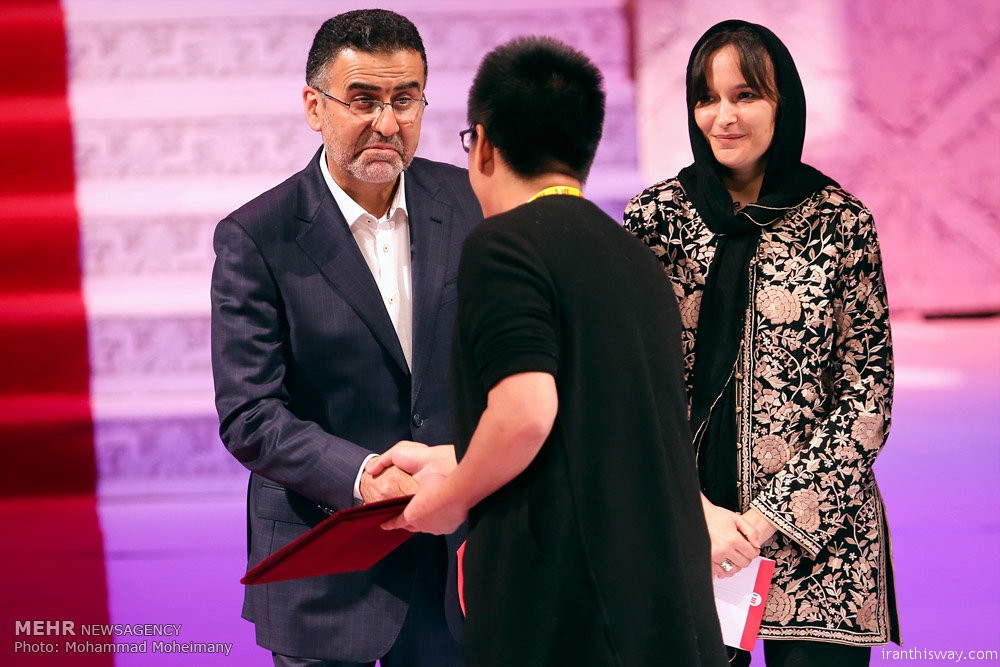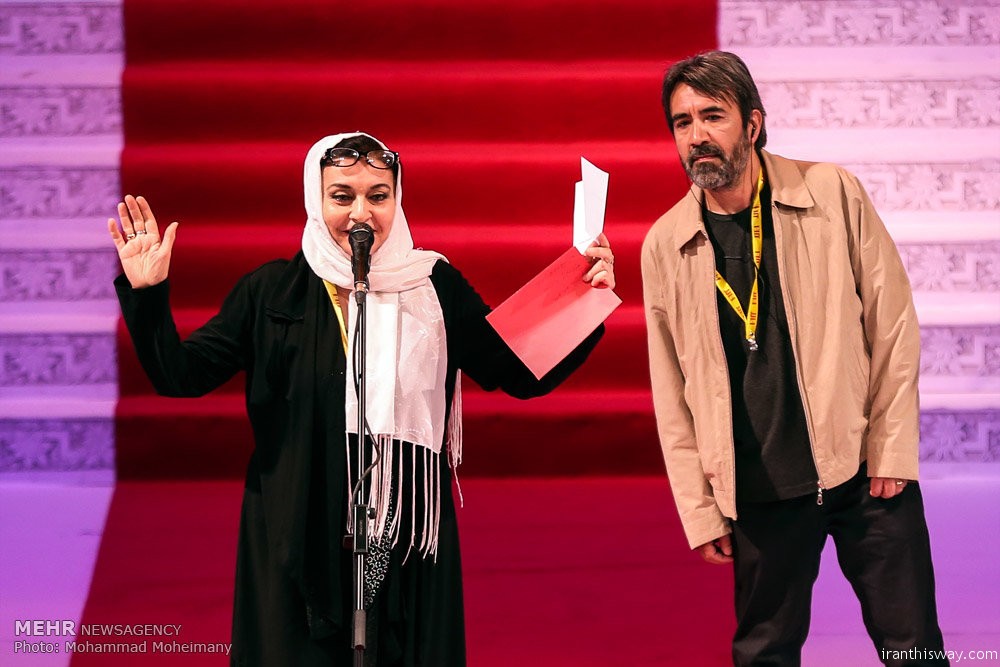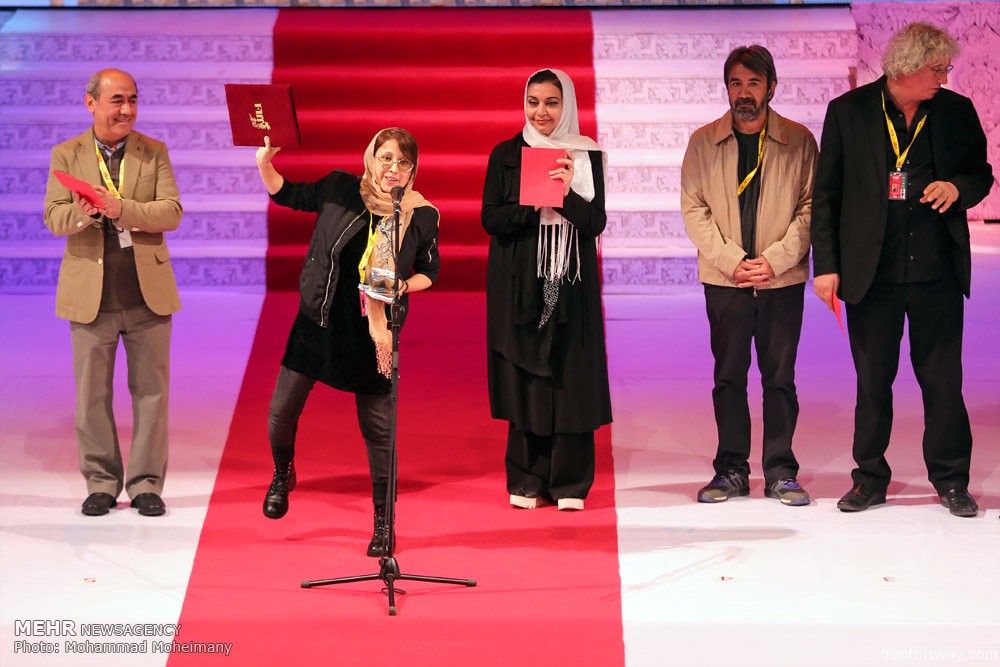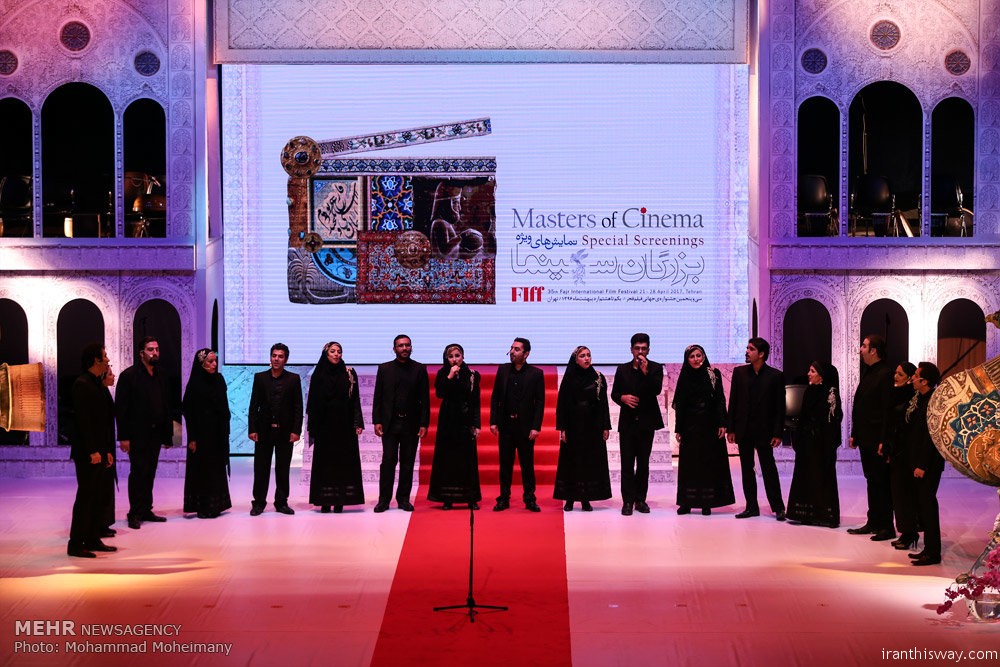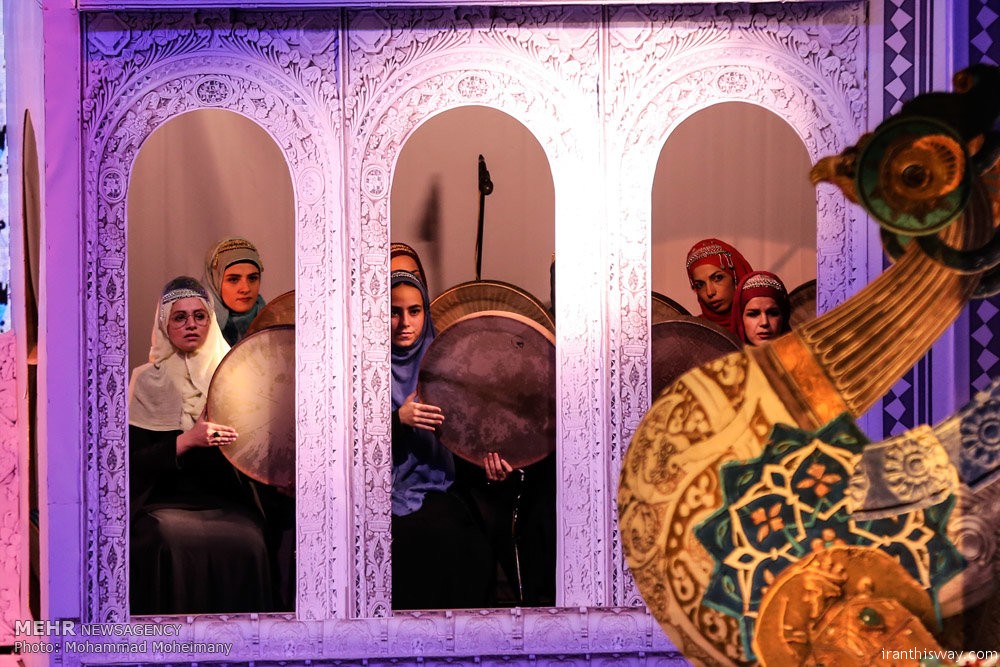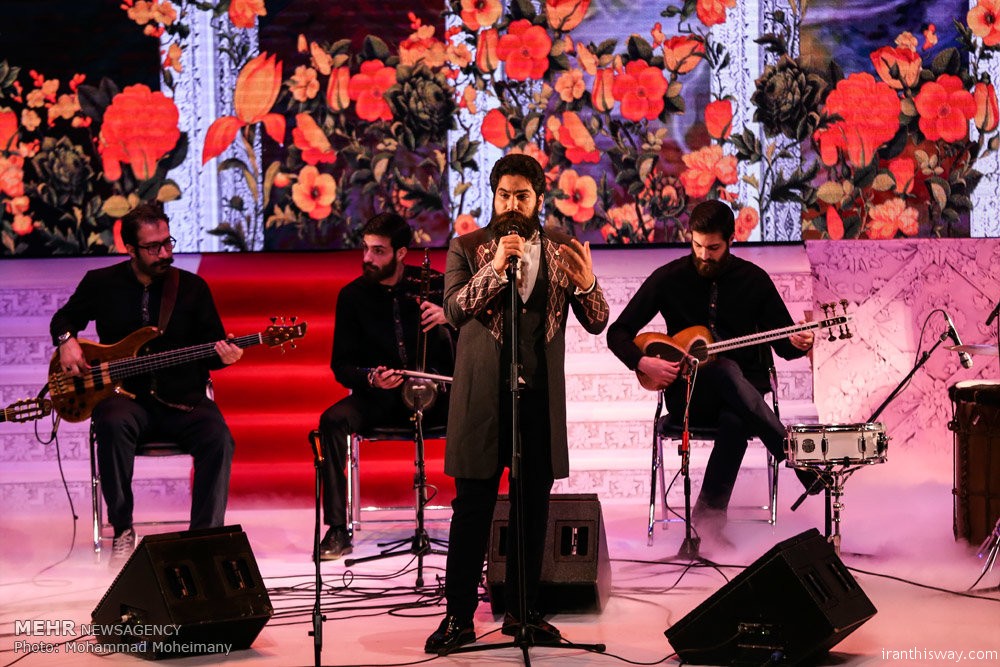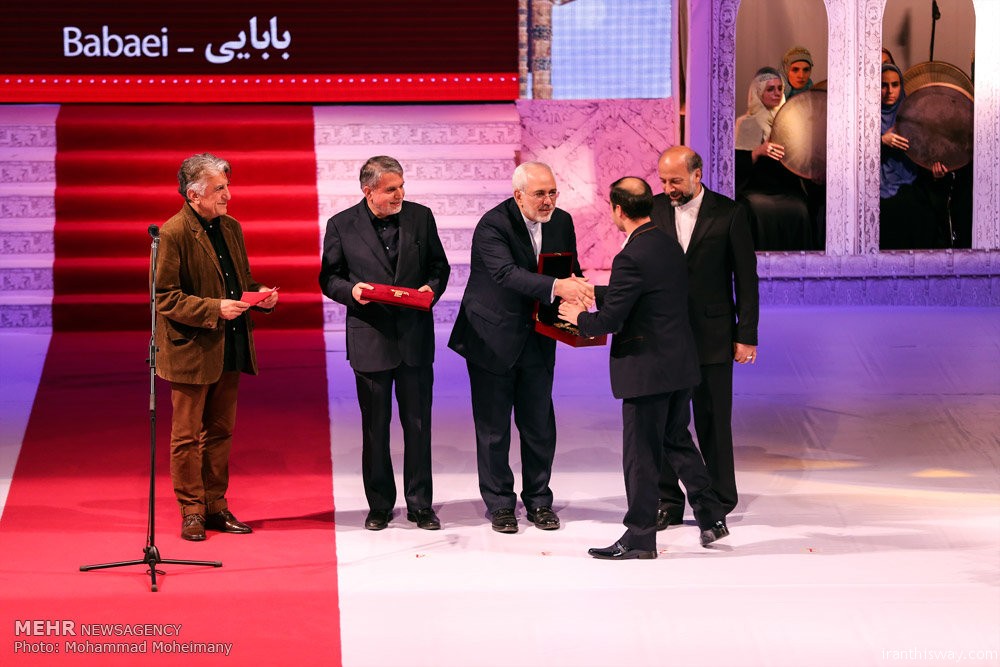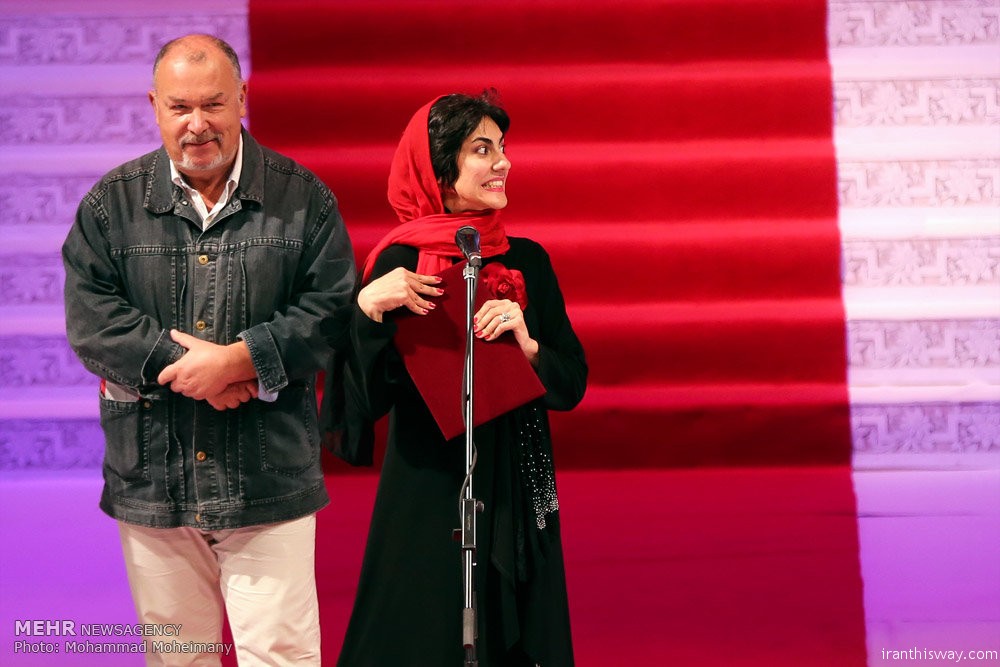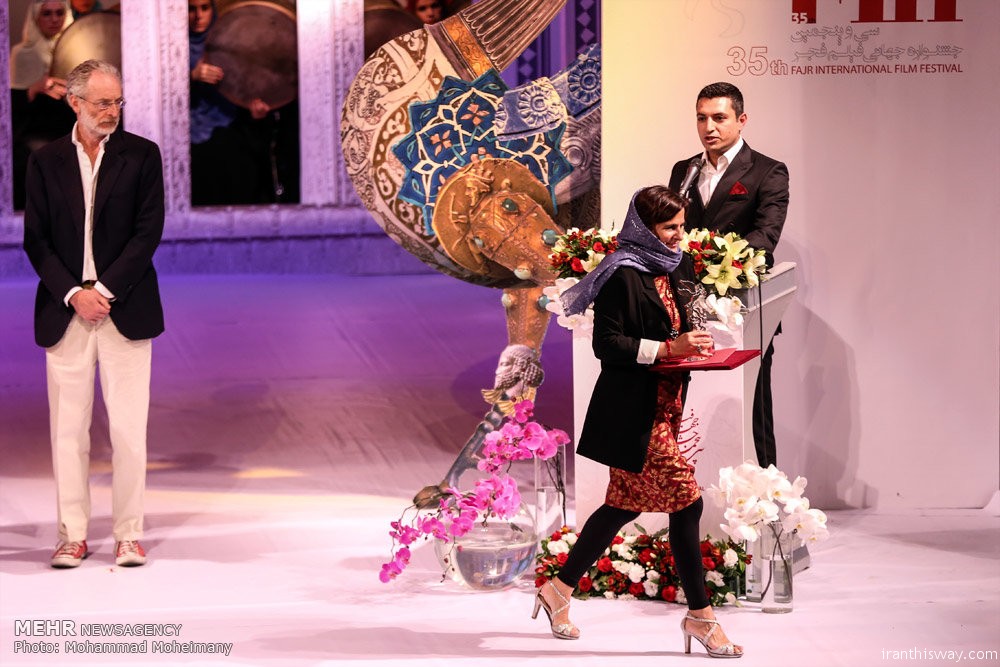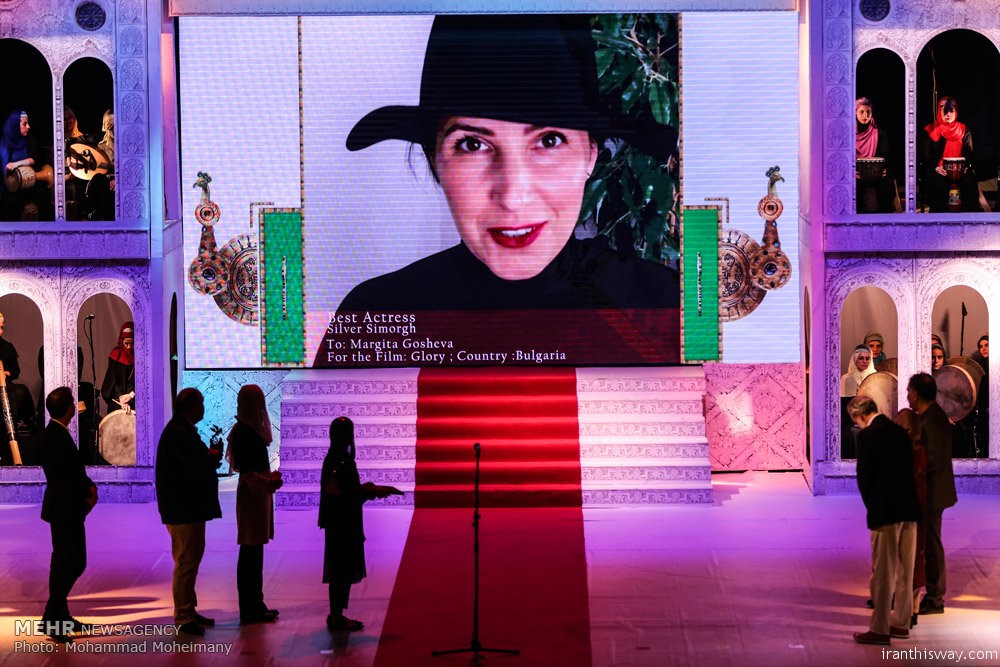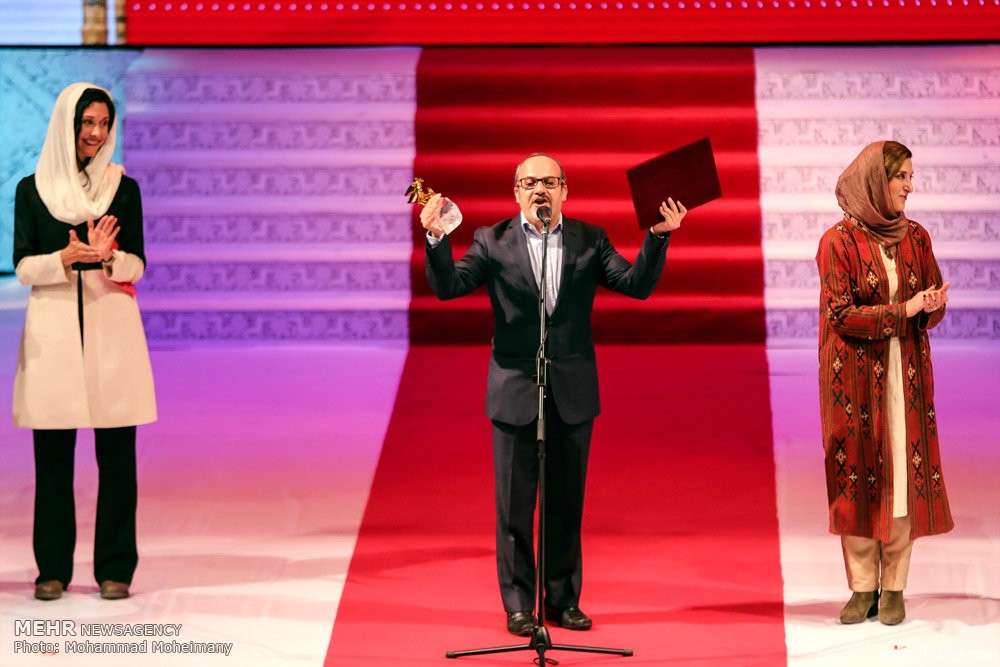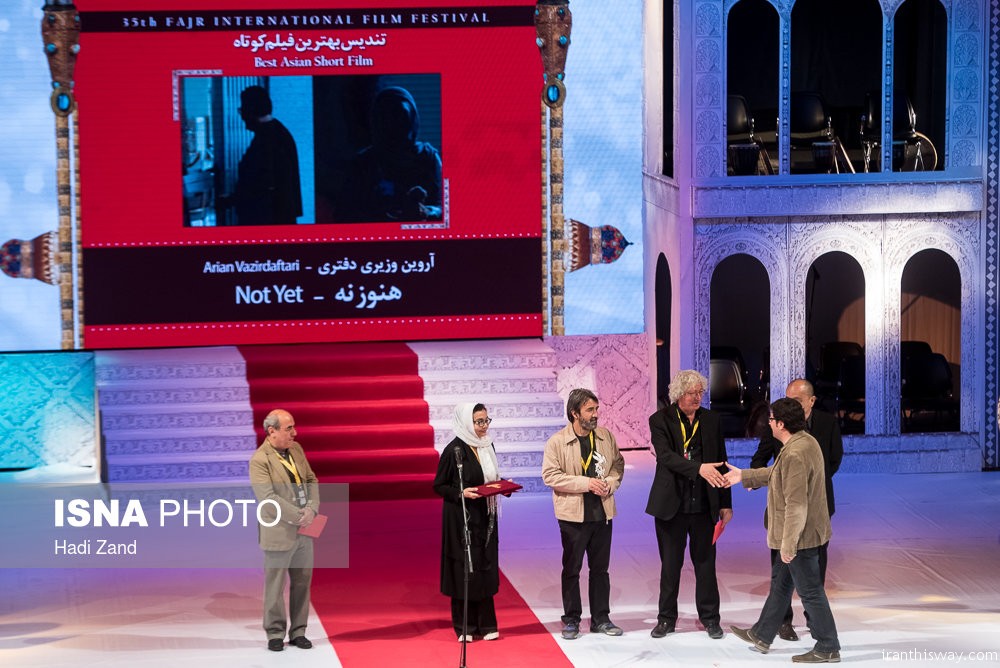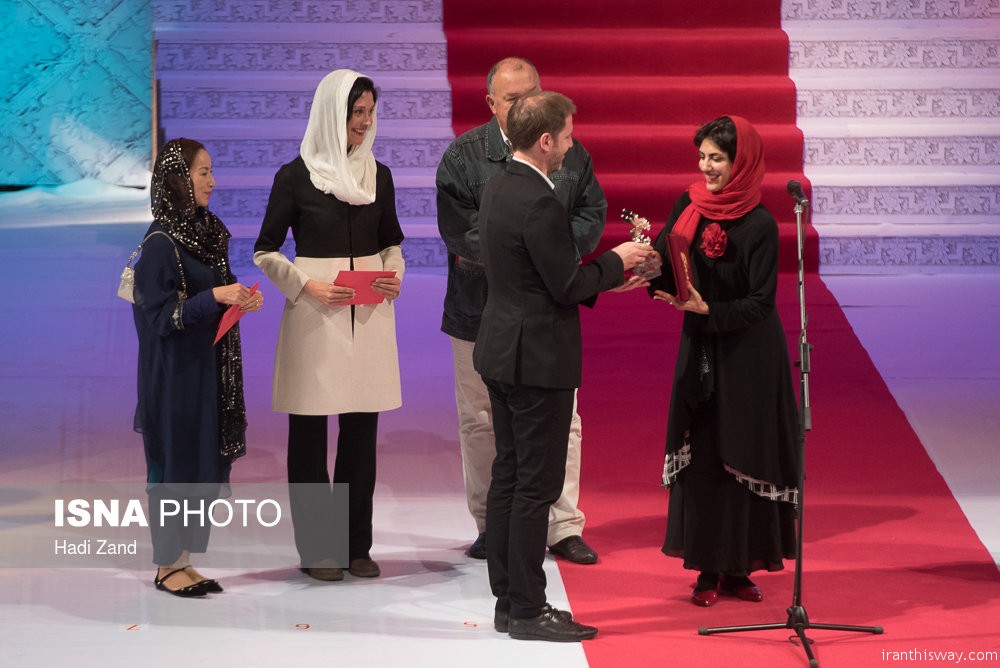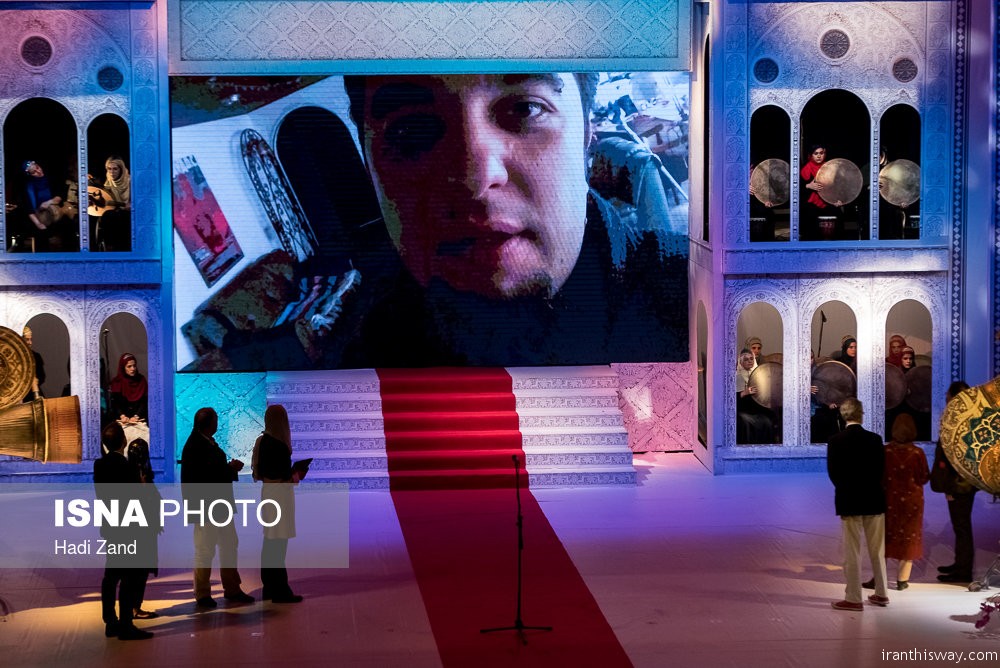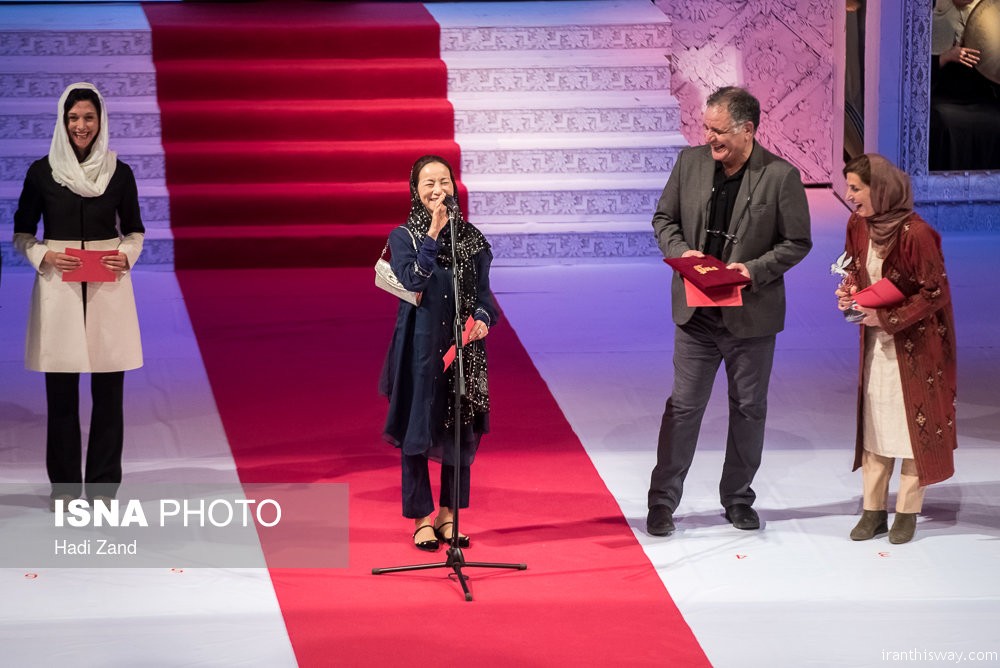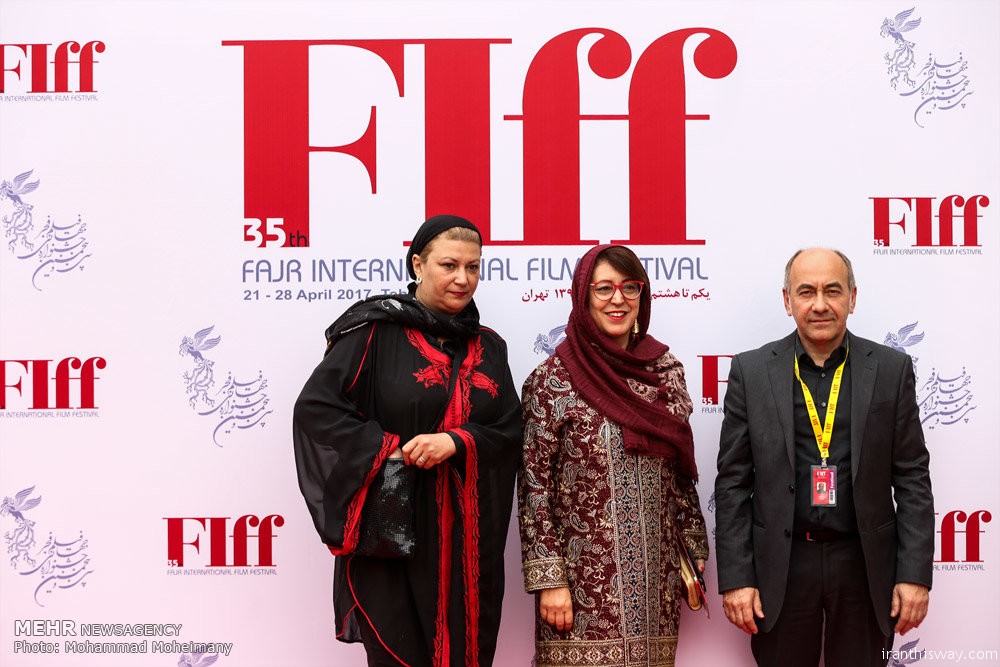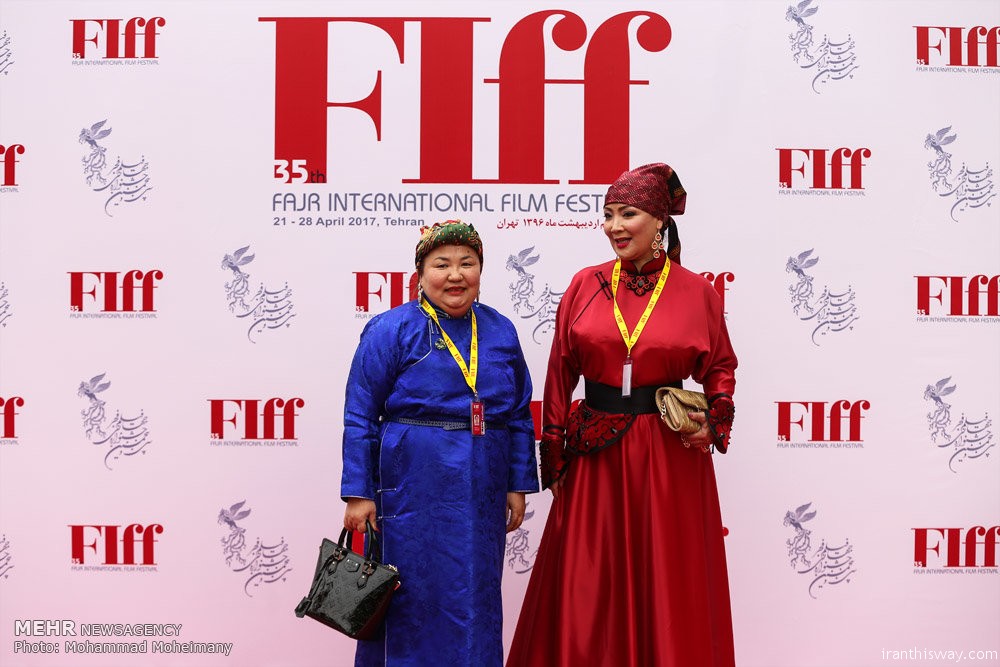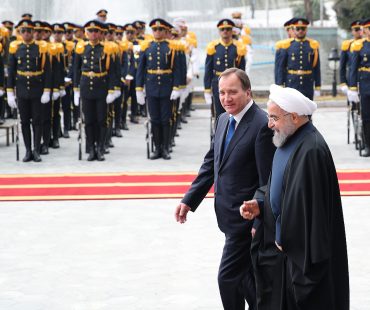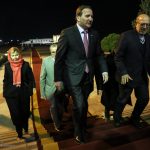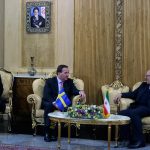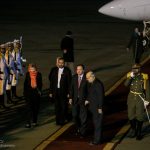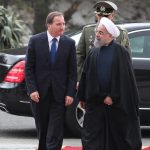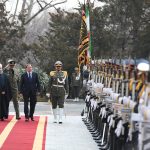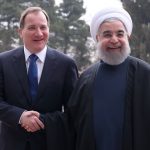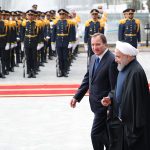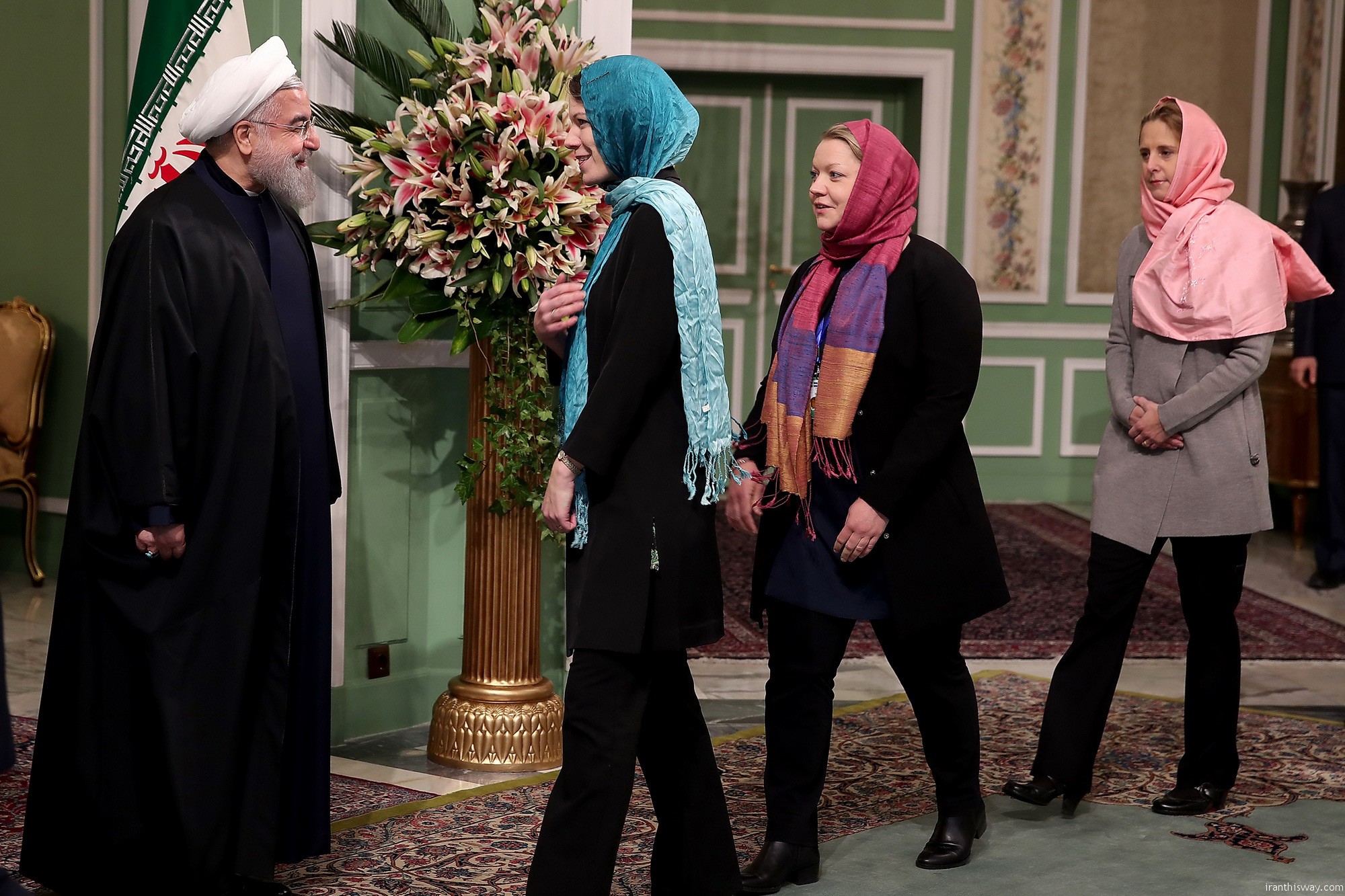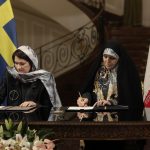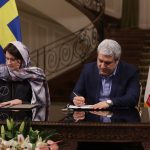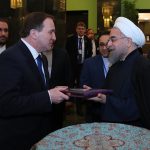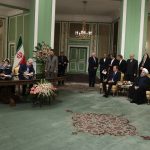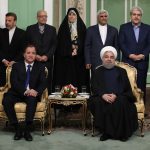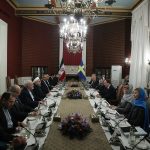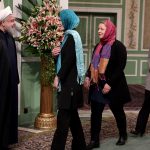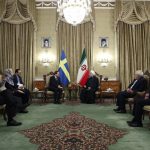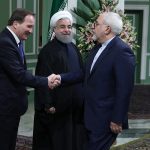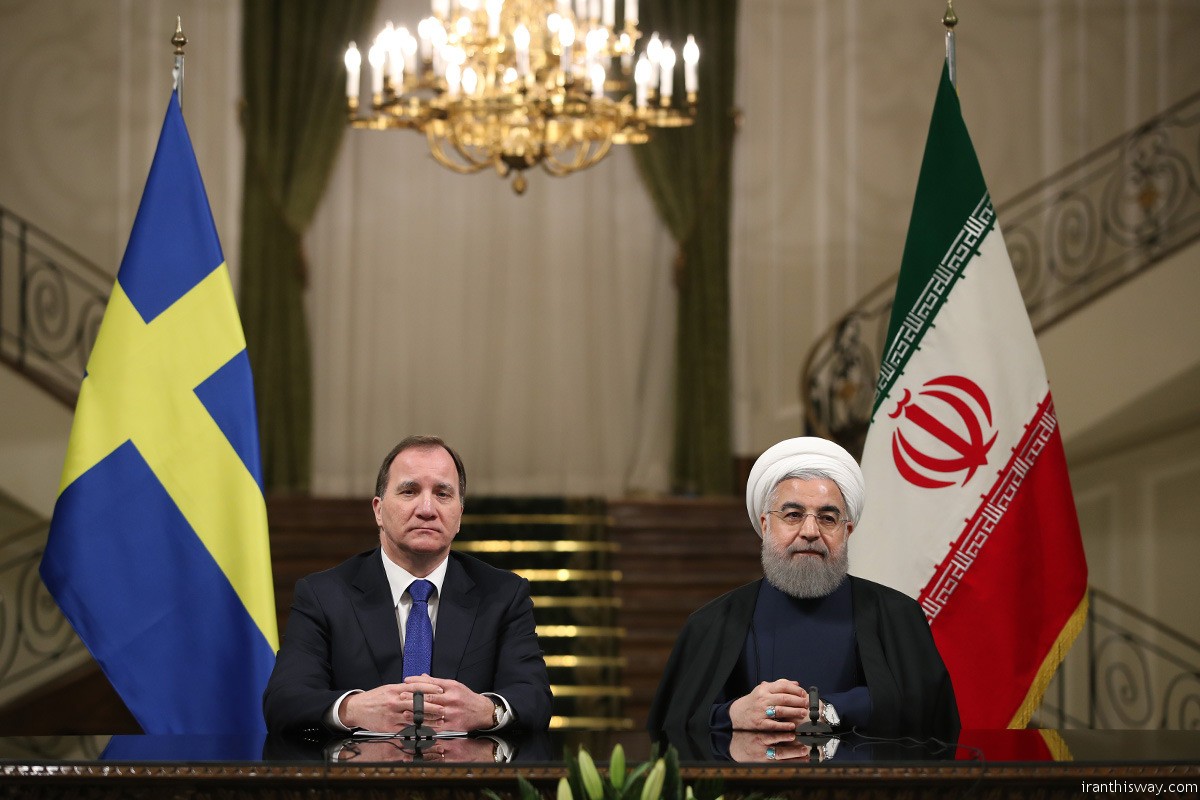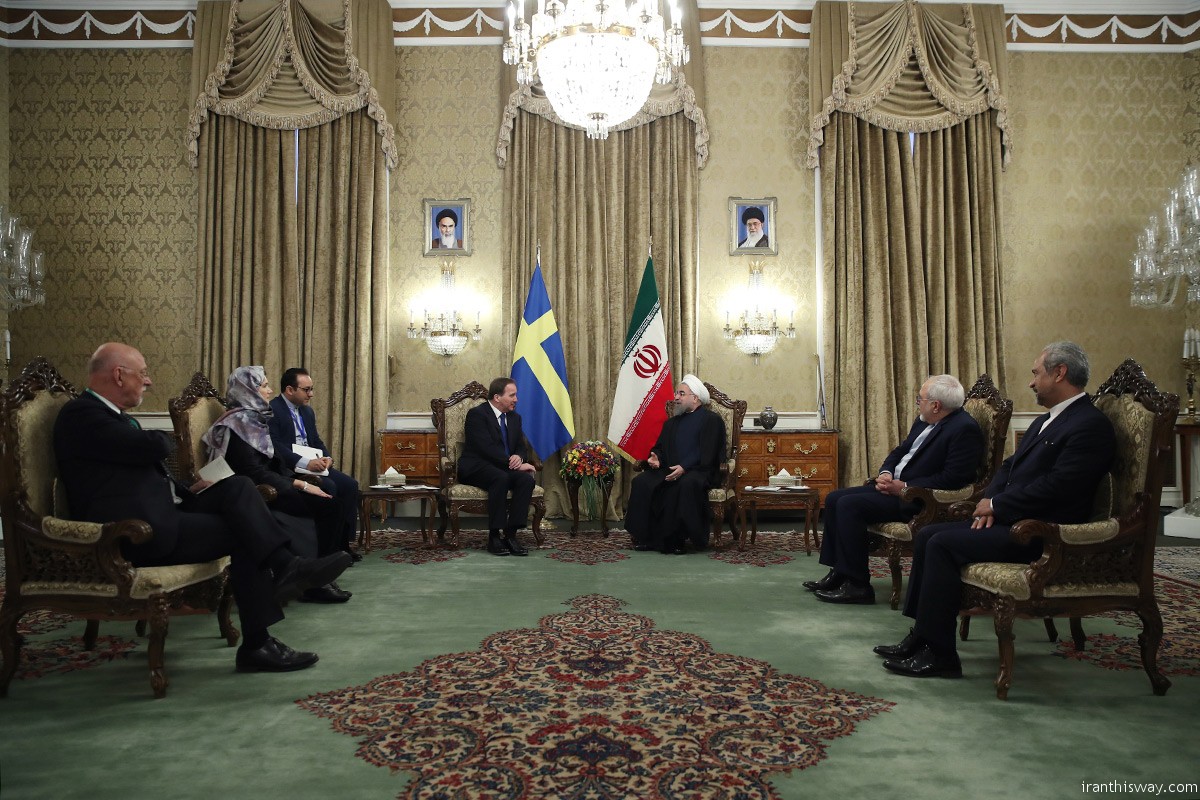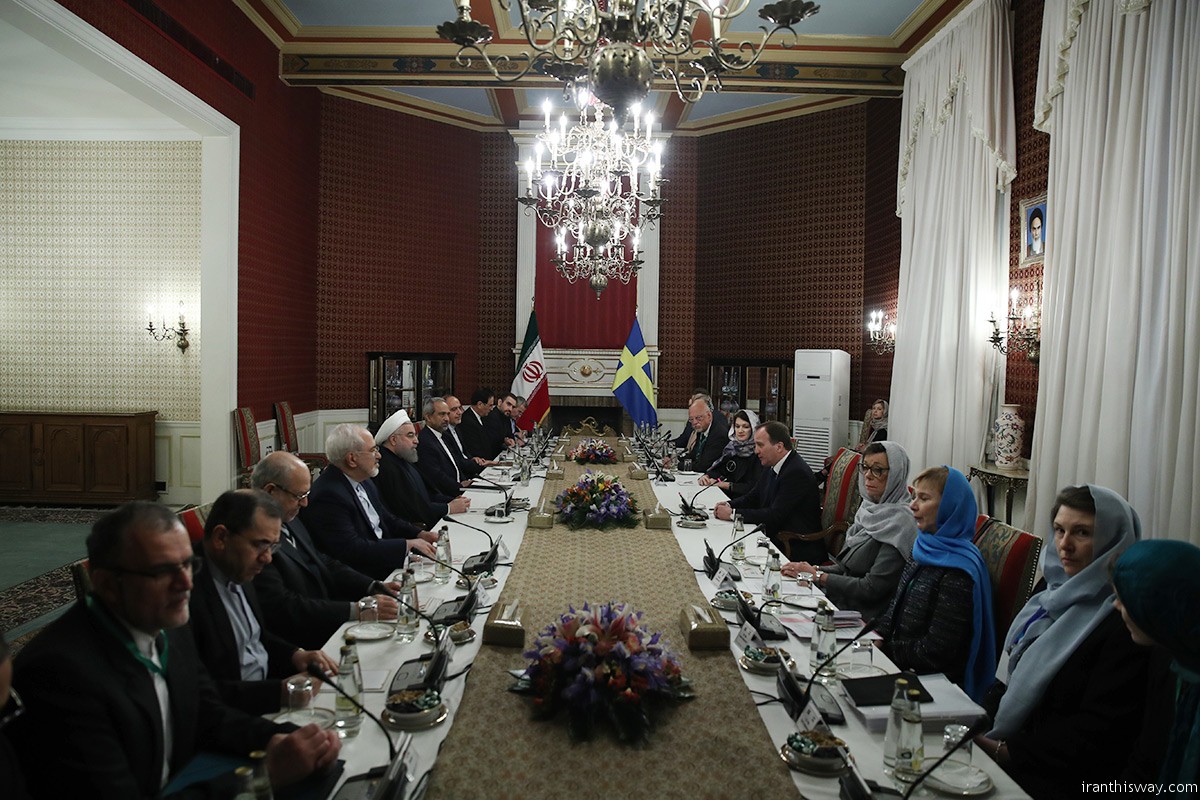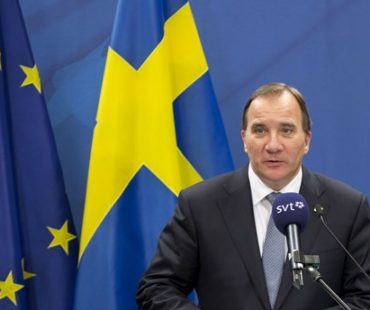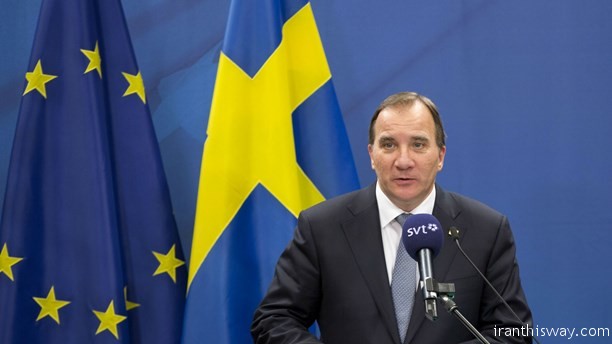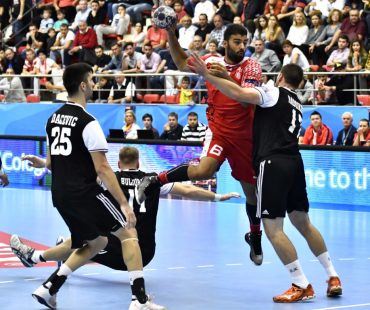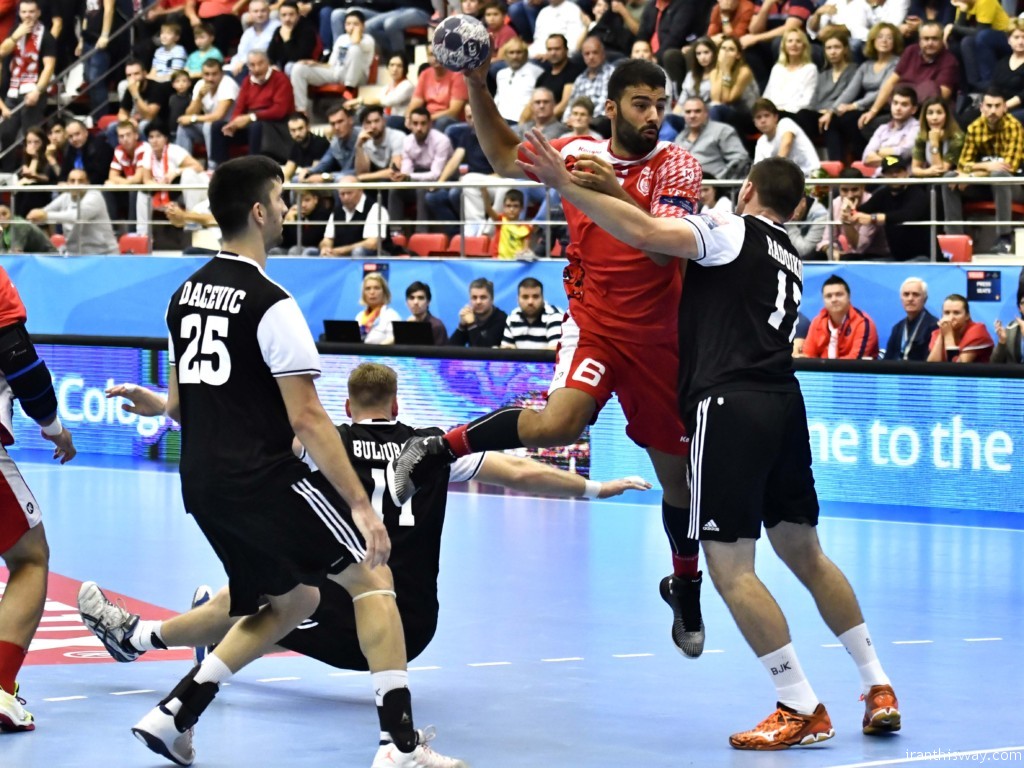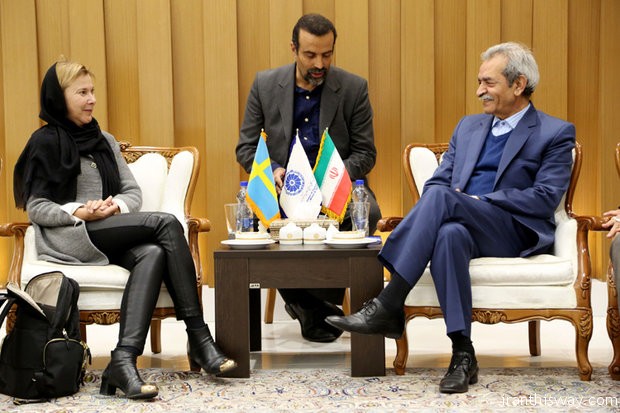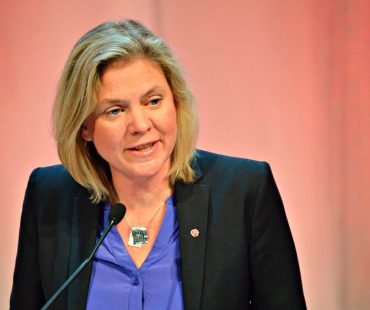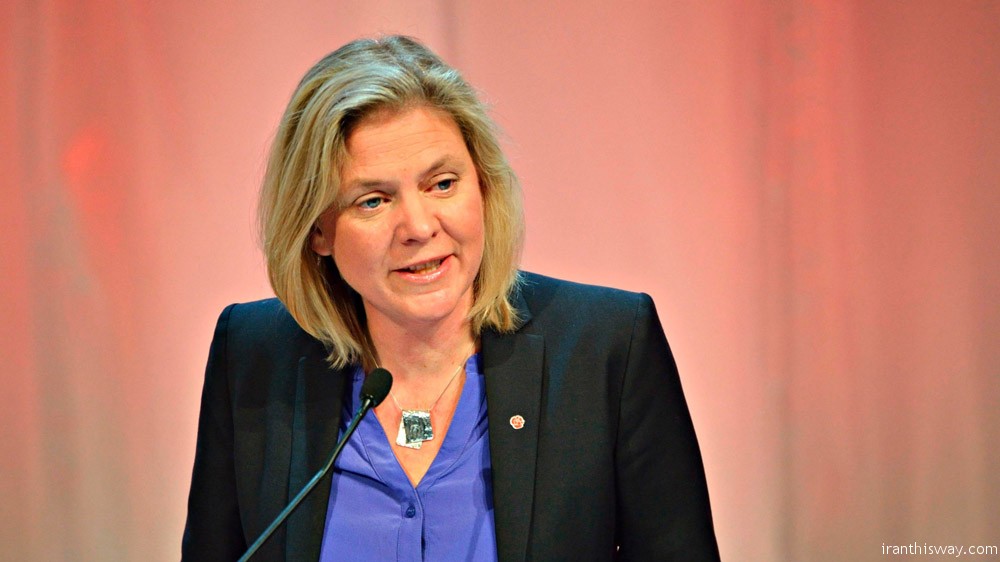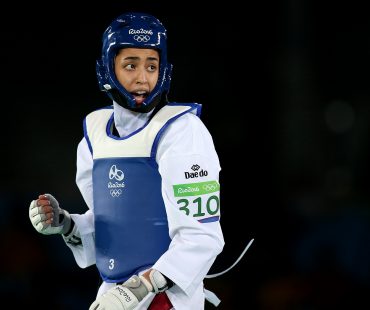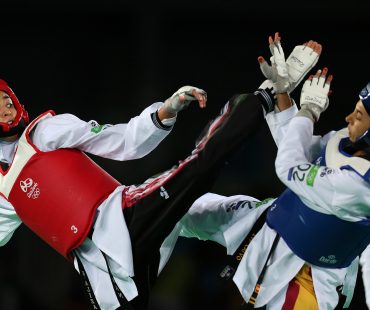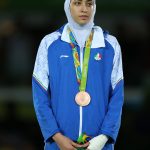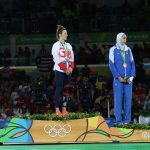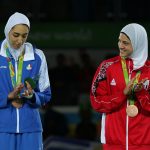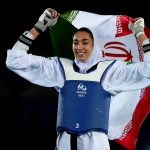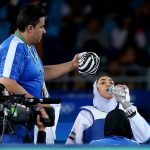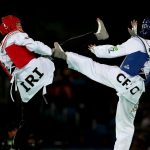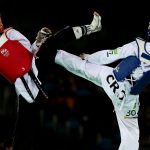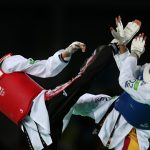The flame of Rio Olympics 2016 went out on Sunday, Aug. 21, with the Iranian squad packing up 8 medals as they returned home from the 16-day extravaganza in the Brazilian seaside city. With two gold medals in weightlifting, one gold, one silver and three bronze in wrestling and one landmark bronze in taekwondo, Iran finished 25th, which was an eight-step drop from its previous performance in London Olympics 2012.
Admittedly, Iran’s national freestyle wrestling team achieved its best result since Melbourne Olympics 1956, but more gold medals were expected of them and somehow, the one gold medal in this category won by Hassan Yazdani, even though after 16 years, still left much to be desired.
Although the end results showed a disappointing performance as compared to the previous Olympic Games where Iran finished 17th with a total of 12 medals, this year’s Olympics was not completely disappointing or devoid of any dramatic merit in certain categories for the Iranian athletes.
One such dramatic event that took the social media in Iran by storm was the match between Iranian wrestler Komeil Ghasemi and American opponent Tervel Dlagnev in the semifinal of 125kg freestyle wrestling where Ghasemi crushed Dlagnev in only 33 seconds. ‘You can’t put on your socks in 33 seconds, let alone do five wrestling throws,’ an Iranian tweeted following the surprisingly short match. Unfortunately, Ghasemi’s bout of good luck did not accompany him to the final where he was stripped of an Olympic gold as he lost against his Turkish opponent Taha Akgul.
Weightlifter Kianoush Rostami made another highlight during the Olympic Games, as he won Iran’s first medal at Rio Olympics following days of disappointing performances. Eclipsing his own world record set in May by one kilogram, Rostami grabbed gold in the men’s 85-kilogram category with a world record after lifting a total of 396 kilograms.
But perhaps more drama-laced and this time, highly frustrating, story happened in Men’s over 105kg weightlifting division, where Iran’s super heavyweight weightlifter and London Olympics champion Behdad Salimi, while beating the world record in snatch, was later disqualified in the clean and jerk by a controversial decision by the jury. Once again, the biased judgment infuriated Iranians’ nationalistic sensibilities to the extent where the website of International Weightlifting Federation was hacked by an anonymous hacker and its Instagram page flooded with over 285,000 comments in support of Salimi as social network users expressed their objections over the unfair refereeing.
Head of Iran’s National Olympics Committee Kiyoumars Hashemi retold the story as this; “all experts of weightlifting saw on night of August 16 the scope of bias and partiality of the juries under the illegal influence by the head of Asian Weightlifting Federation who had been sitting just behind the jury members; after all 3 lights were white, thus approving Salimi’s second attempt in clean and Jerk sub-category, the jury members renounced their initial decision effectively to deprive a champion of his gold medal which was inevitable.” He went on to add, “incontrovertible evidence is the list of jury members where the name of notorious Mohamed Hassan Jaloud is missing, but who, along with his wife, exerted undue influence on the final decision.”
But biased refereeing did not end there for Iranian wrestlers. During the match between Iran’s Reza Yazdani and Azerbaijan’s Khetag Gazyumov, the Russian judge Sergey Novakovskiy did not give Yazdani’s deserving two points. The Russian judge, along with two others, was later suspended by United World Wrestling due to ‘suspicious manner of judging’ during the controversial refereeing in the match for the bronze medal in the weight category +65kg among men, in which the Mongolian Mandhara Gantrisin lost to Uzbek Ataru Matrosovu.

But all drama aside, this year’s Olympics had one memorable moment for the Iranian nation to savor, and that was thanks to Kimia Alizadeh’s inspiring achievement of becoming the first Iranian women to ever win an Olympic medal. She took the bronze in the -57kg class of taekwondo, beating Sweden’s Nikita Glasnovic 5-1, after defeating opponents from Croatia and Thailand and narrowly losing against Spain’s Eva Gomez who finished with silver against gold medalist Jade Jones of Britain.
This was a great moment in history for Iranian women, athletes or otherwise, for whom Kimia’s victory touched every corner of their hearts and rekindled the flames of hope for triumph in the face of limitations and hardship.
The 18-year-old taekwondo practitioner, affectionately knowns as the Iranian “Tsunami”, had already won a gold and bronze medal at the 2014 and 2015 Taekwondo World Championship, respectively, and went on to win gold at the World Taekwondo Grand Prix in August 2015 in Russia.
The historic bronze that she won at Rio Olympics did not weigh any less than a gold in the eyes of Iranian nation. In fact, many called her medal ‘the goldest bronze in the history of Iran’s sports’ and there were many tweets with a wordplay on Kimia’s name which means ‘alchemy’ in Persian, saying that Kimia had in a sense turned her bronze medal into gold. But this trend did not stop at metaphors. Kimia, whose bronze medal was worth gold, was promised to receive $10,000 as cash prize, the same amount for a gold medalist.
Kimia, who did not just win against her opponents but against limitations and lack of opportunities on her way to victory, was the only Iranian athlete at Rio Olympics to receive a tweet from the President himself: “My dear girl Kimia, you have brought happiness to all the Iranians, and particularly to the women. I wish you eternal happiness,” President Rouhani said on Friday, the day after Kimia’s historic win.
The message of Ayatollah Khamenei, Leader of the Islamic Revolution, came on Aug. 23 wherein he hailed Iran’s Rio Olympic delegation for their efforts and victories, and directed a part of his message especially at female athletes “who displayed an honorable form of hijab as an Iranian code for all.”
Deputy Foreign Minister Hossein Jaberi Ansari also congratulated Alizadeh as well Hedaya Malak of Egypt, who landed the other women’s bronze in taekwondo, in a post on his Instagram page: “The presence of Kimia and another veiled woman from Egypt on the podium is the symbol of unity and efforts of Muslim women, who shine in new arenas while respecting their values.”
Shahindokht Molaverdi, Vice-President for Women and Family Affairs, also lauded Kimia for her exemplary hard work, courage and self-confidence; “no doubt this victory will forever stay in the history of this land and the memory of our people, especially the women, and open up brighter horizons for women’s sports during the term of a government that promises ‘prudence’ and ‘hope’,” she said in a message.
The United Nations mission in Iran also commended Alizadeh for her great success, saying such a victory would pave the way for other Iranian female athletes to pursue their dreams in sports.
Popular Iranian actress Taraneh Alidoosti, known for her role in Asghar Farhadi’s award-winning film ‘The Salesman’ and ‘About Elly’, was also among the figures who found Kimia’s victory as the stepping stones for her other compatriots; “The future will tell what you have achieved for your peers,” tweeted Alidoosti, “You gave them self-confidence and showed them that (sports) belongs to them as well.”
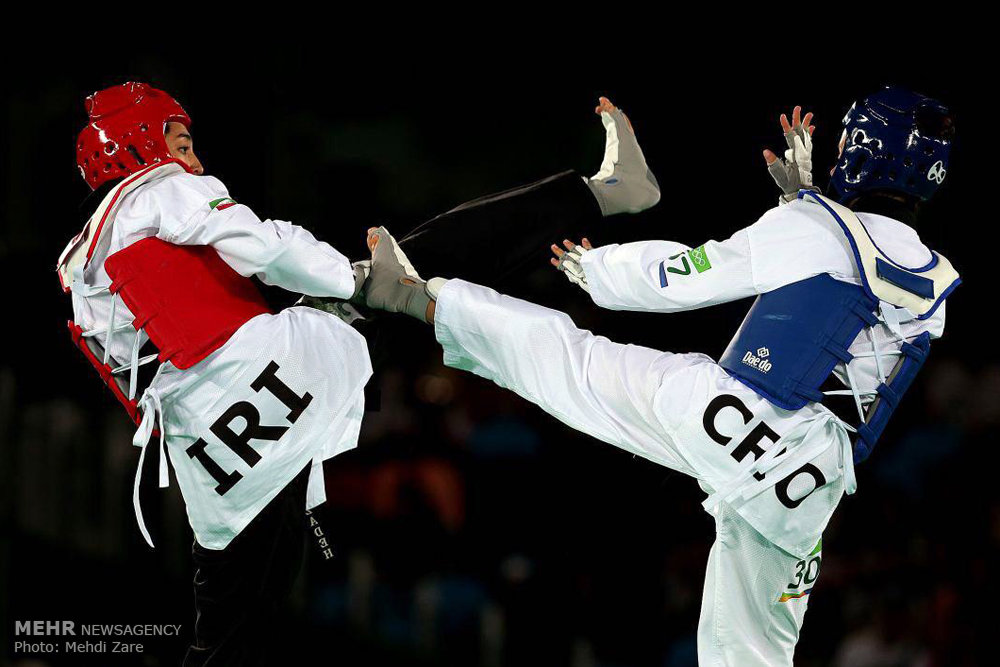
Kimia, at the tender age of 18, might have been surprised and perhaps a little overwhelmed at the tremendous outpouring of support from such high-ranking officials and the public (her Instagram post after her victory received more 25,000 congratulatory comments), but she was not surprised that she had won a medal. In fact, she was disappointed that it was not a gold one.
“I was technically and psychologically ready, in fact I had never felt more prepared in my life,” Kimia told Mehr News reporter in Rio, “with this level of readiness, I expected of myself nothing short of a gold medal. Some people find it hard to believe when they achieve success, but I had faith in myself for coming this far. What I still can’t believe is that I lost to the Spanish athlete.”
Her frustration is understandable, especially when one realizes that the Olympic Games are not only a sphere to prove your skills and capabilities to yourself and the world, but in many cases, as the athlete is elevated to the level of ‘ambassador’, they become a challenge, an opportunity, to prove your whole nation to the world, and to give your peers hope that if it had been possible for you to get this far, it would be possible for them to get further.
And Kimia definitely did that. The situation of women’s sports in Iran and Iranian women athletes is far from ideal, yet far from stagnant and deteriorating. It is true that women’s sports have been going through a rough patch mostly due to economic difficulties that slash budgets, but the situation is improving, and each year, a higher number of women participate in international games.
The share of female participants in the Olympic Games reached 45 per cent this year. This is while only 16 per cent (9 out of 63) of the Iranian Olympic squad were female. On the other hand, the share of Iranian women athletes has never been this much in any previous Olympics, and the increased share definitely worked in Iran’s favor. With more female participation in the Olympics, one could expect more victories achieved by them, and perhaps this is exactly the kind of jolt women’s sports in Iran need in their ongoing battle to win more recognition and financial and emotional support.
Kimia’s winning of the first Olympic medal in female sports made many hopeful that the problems currently facing the Iranian athletes would be solved in part.
It was only last year that Iran women’s national futsal team were on the verge of losing their chance at the 2015 Women’s Futsal World Tournament in Guatemala, due to ‘budget problems’ and ‘not enough time to obtain visas’. The decision made by the head of Iranian Football Federation, Ali Kafashian, came under heavy criticism in various media outlets, until President Rouhani became directly involved and the Ministry of Sports and Ministry of Foreign Affairs followed up on the issue so that the problems would be solved and the women’s team could participate in the international event. The team, although did not manage to make it to the quarterfinals at Guatemala games, became a champion in the 2015 AFC Women’s Futsal Championship in Malaysia, as well as the 2012 and 2008 WAFF Women’s Futsal Championship in Bahrain and Jordan.
Another more recent example of how women’s sports in Iran receive less budget and recognition was the dissolution of one of the most active women’s football team called Malavan (Sailor) due to, once again, ‘financial problems’. What made the matters worse was a quote by the club CEO Rezaeian in ‘defense’ of his decision to dissolve the team; “we have many mouths to feed. When a storm-lashed ship is sinking, it starts unloading extra burdens,” the quote went viral on social media and a great number of fans, activists, and female athletes lashed out at what was so obviously a gender discrimination.
Maryam Irandoost, previous head coach of the team, was completely scandalized by the news of the dissolution of the most decorated team in history of women’s football; “this will definitely dampen motivation among female athletes,” she said in an interview, while noting that she had been forced to resign from her position as a coach and leave football behind because of the existing problems.
“I kept telling myself that better days were on their way and our efforts would be seen through championships,” she lamented. “I do believe that such maltreatments and discriminations will have adverse effects on women’s sports community and create a great chasm of despair.”
‘The better days’ that Irandoost was hoping to see did come, this time in the form of the first Olympic medal achieved by an Iranian women athlete, and it made many hopeful for more inspiriting achievements to come. There is no questioning the fact that the budget allocated to women’s sports must be equal to that of men, and that any financial limitation will hinder the women’s progress in society. But Kimia’s medal radiated beams of hope on the hearts of all who need that little spark of motivation and confidence to take greater steps toward victory.
Iranian medalists at Rio Olympic Games 2016:
| Gold |
Kianoush Rostami |
Weightlifting |
Men’s 85 kg |
| Gold |
Sohrab Moradi |
Weightlifting |
Men’s 94 kg |
| Gold |
Hassan Yazdani |
Wrestling |
Men’s freestyle 74 kg |
| Silver |
Komeil Ghasemi |
Wrestling |
Men’s freestyle 125 kg |
| Bronze |
Saeid Abdevali |
Wrestling |
Men’s Greco-Roman 75 kg |
| Bronze |
Ghasem Rezaei |
Wrestling |
Men’s Greco-Roman 98 kg |
| Bronze |
Kimia Alizadeh |
Taekwondo |
Women’s 57 kg |
| Bronze |
Hassan Rahimi |
Wrestling |
Men’s freestyle 57 kg |
